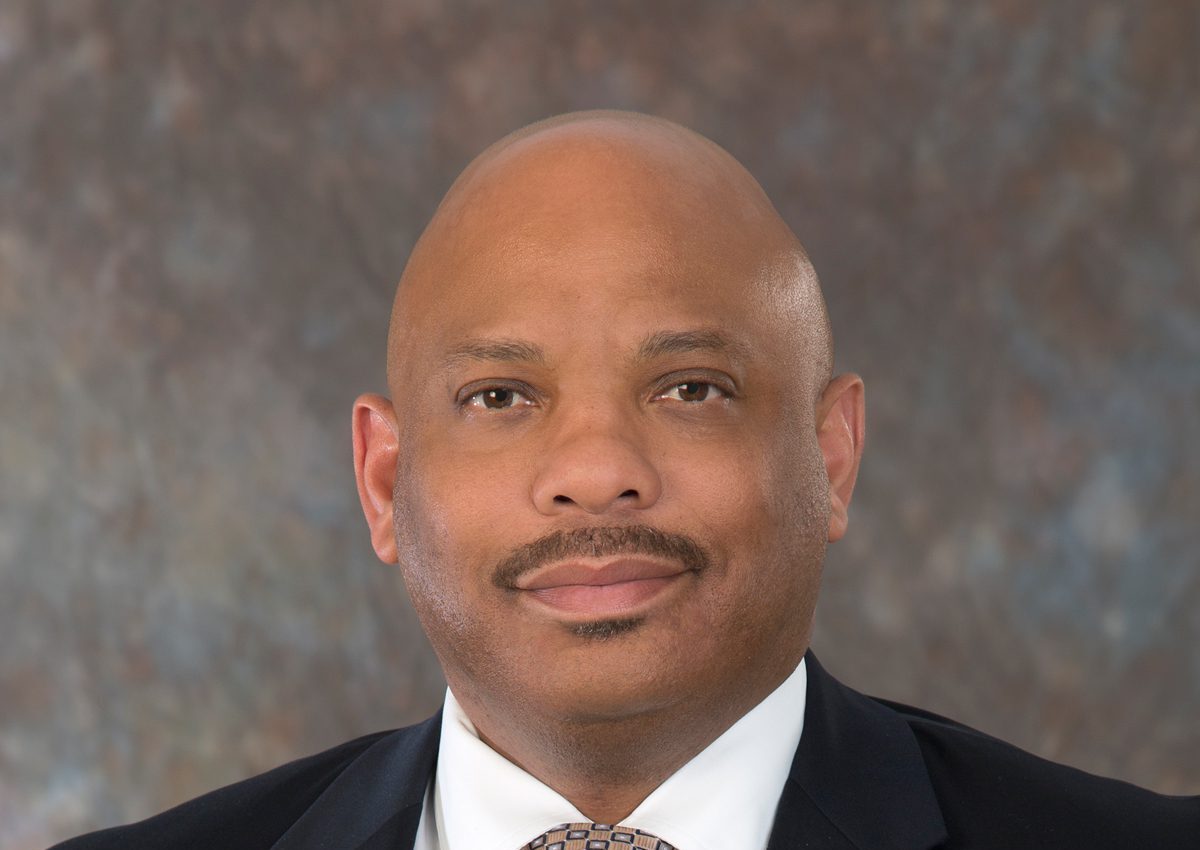
- Dr. Al Rankins, Commissioner of Higher Education, says helping more Mississippians get and keep jobs is a critical component in our state’s success.
There is a lot of talk going on right now about the labor force participation rate in Mississippi. This rate, defined by the Bureau of Labor Statistics as “the population that is either working or actively seeking work,” is an important standard in our economic growth. According to the Bureau of Labor Statistics, the labor force participation rate in America for the month of August 2024 was 62.7 percent; in Mississippi, it was 54.4 percent.
Helping more Mississippians get and keep jobs is a critical component in our state’s success. Earning a degree at one of our eight public universities is a critical component for the success of our citizens.
I recently had the opportunity to speak before the Labor Force Participation Study Group, created this year by Lieutenant Governor Delbert Hosemann. I shared data from the National Center for Education Statistics, including that the 2023 employment rate for Mississippians between the ages of 25-34 who have earned a college degree was 88 percent. The employment rate for those who had only completed high school was 74 percent.
The value of a college degree is evident.
In 2023, Mississippi’s universities awarded 19,605 degrees. Those graduates worked hard for those degrees, and they are well-positioned to make a good living, hopefully here in Mississippi. Earning a degree in and of itself can be a heavy task, especially given the financial challenges many individuals face when looking at going to college. An important step is in beating those challenges is completing the Free Application for Federal Student Aid (FAFSA).
In Mississippi, many families may struggle to afford college tuition, fees, and related expenses. The FAFSA is essential for determining eligibility for federal aid programs such as Pell Grants (which do not require repayment), and it also opens doors for state-specific aid programs, such as the Mississippi Tuition Assistance Grant (MTAG).
Many universities require the FAFSA for consideration for their own institutional aid packages; students who do not complete the FAFSA may miss out on additional scholarships and grants offered directly by their chosen schools. There is no question that every bit of financial support can make a significant different in a student’s ability to attend college and graduate with less debt. The application for the 2025-26 academic year is scheduled to open on December 1, 2024.
Issues surrounding technical problems with the FAFSA have been in the forefront of the news recently. Despite those issues, Mississippi’s students have been forging ahead with it.
The most recent data from the National College Attainment Network shows that 61 percent of Mississippi students who graduated high school in 2024 have completed the FAFSA. Mississippi is ranked fourth in the nation for the percentage of students completing the application. We should celebrate this achievement; not only have these students persisted in getting the support they need to attend college and earn a degree, but they are also one step closer to joining the labor force (again, hopefully in Mississippi) and building a successful career.








